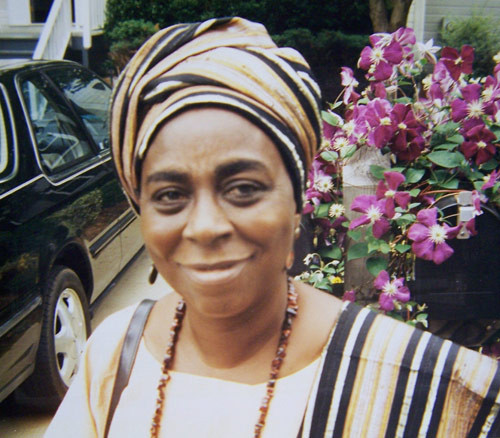Zulu Sofola was the first published female Nigerian playwright and dramatist. Sofola was also a university teacher and became the first female Professor of Theater Arts in Africa.
Born in Isele Uku to the Okumabua family, Zulu had her primary and secondary education in Nigeria before traveling to the United States for her university education.
She bagged a BA in English at Virginia Union University and an MA in drama from The Catholic University of America.
She returned to Nigeria to start her career as a lecturer in the Department of Theatre Arts at the University of Ibadan, where she obtained a Ph.D.
A singer, dancer, and a creative playwright, Zulu wrote and directed many plays for stage and television. She published over ten plays, which includes, The Deer and The Hunters Pearl, Eclipso and the Fantasia, King Emene, Memories In the Moonlight, Old Wines Are Tasty, The Operators, The Showers and The Wizard of the Law.
She was criticized for being a liberal feminist because her plays analyzed the ill-treatment of women in African societies, however, she is well-known as a brilliant writer.
Zulu believes that people should be respected because they are humans and not for their gender. Her work also explored the culture and traditions of Nigeria’s history.
Zulu received many scholarly awards and distinctions both nationally and internationally.
She was the first woman to hold the Chair and Headship of a theatre department as the Head of the Department of the Performing Arts of the University of lIorin.
In 1988, she represented Nigeria at the first International Women Playwrights Conference. In 2002, the National Prize for Creative Writing was named after her and her plays are still read and performed across Europe, North and South America, and Africa.
Sofola’s most frequently performed plays are Wedlock of the Gods (1972) and The Sweet Trap (1977),[7] She died in 1995 at the age of 60.
Zulu met and married her college lover, Adeyemi Sofola. Six months after the death of her husband, Zulu died on September 5, 1995.

Comments are closed.